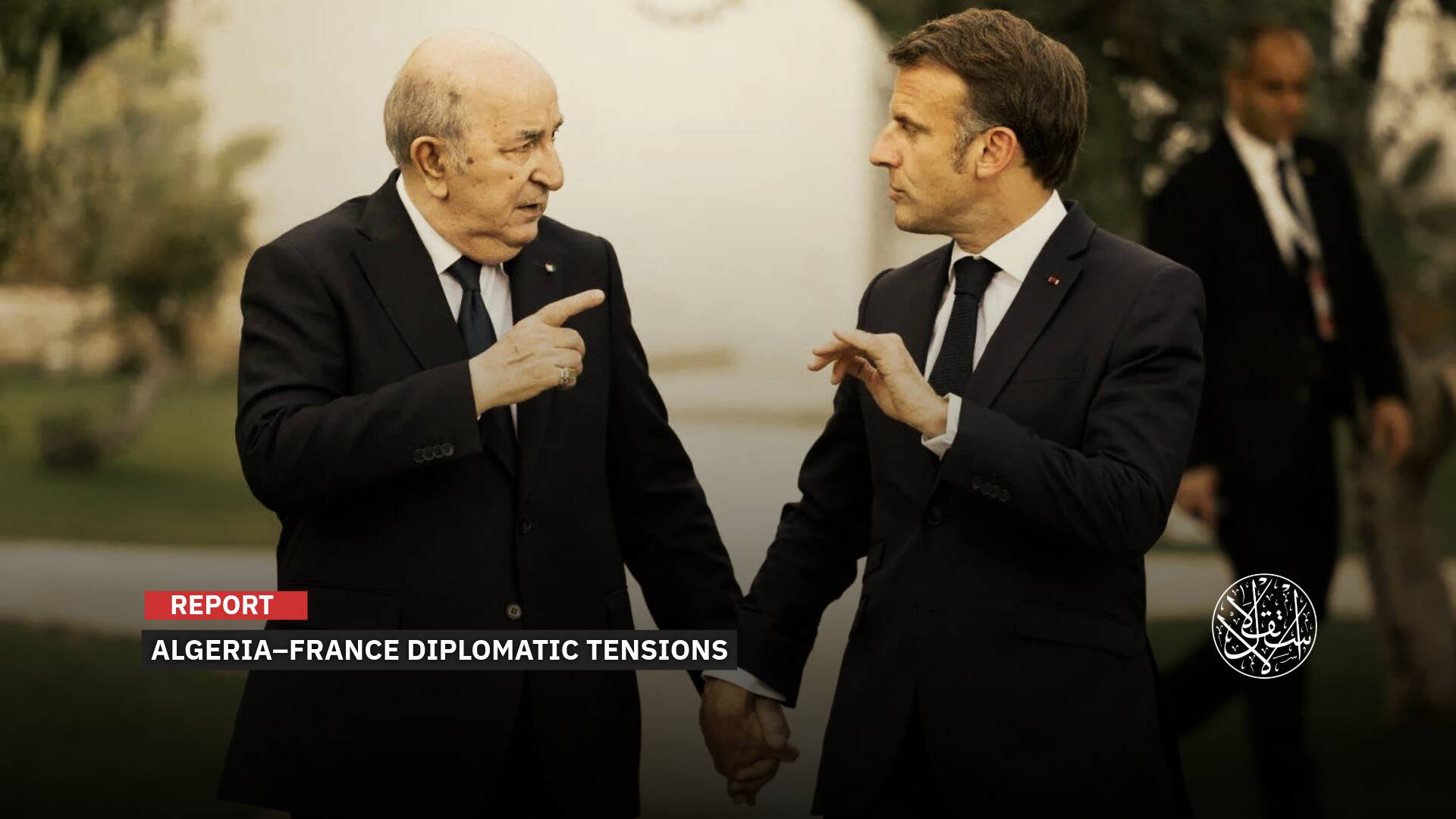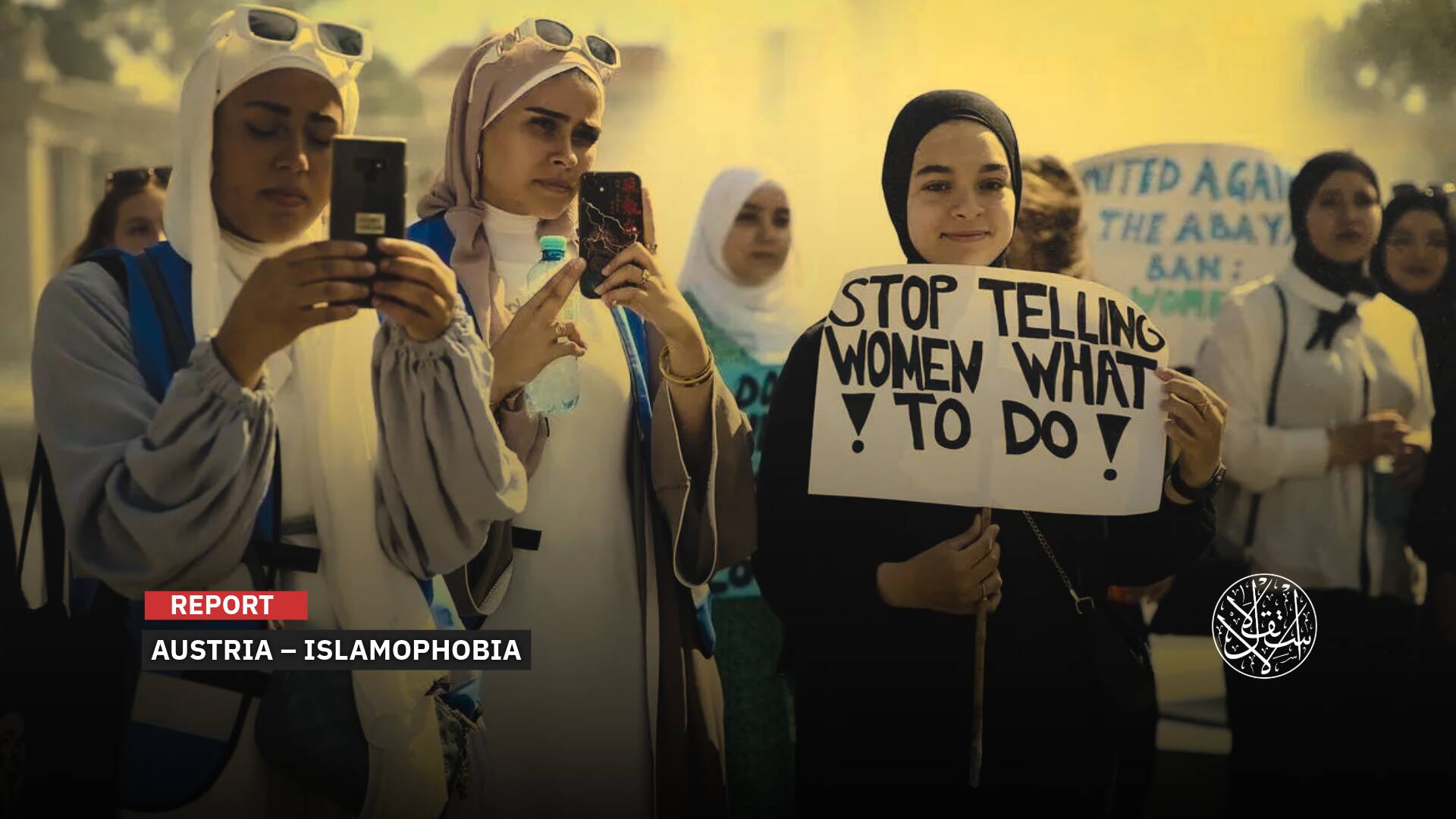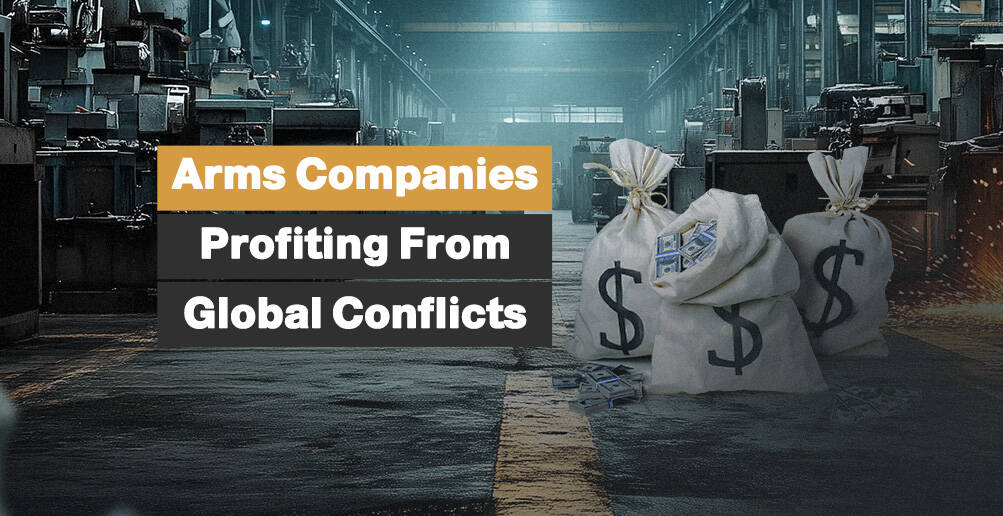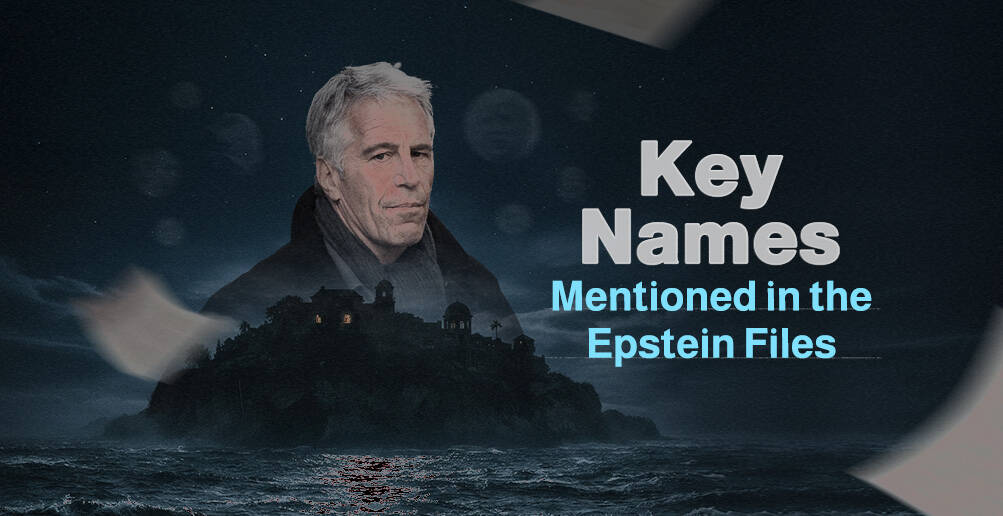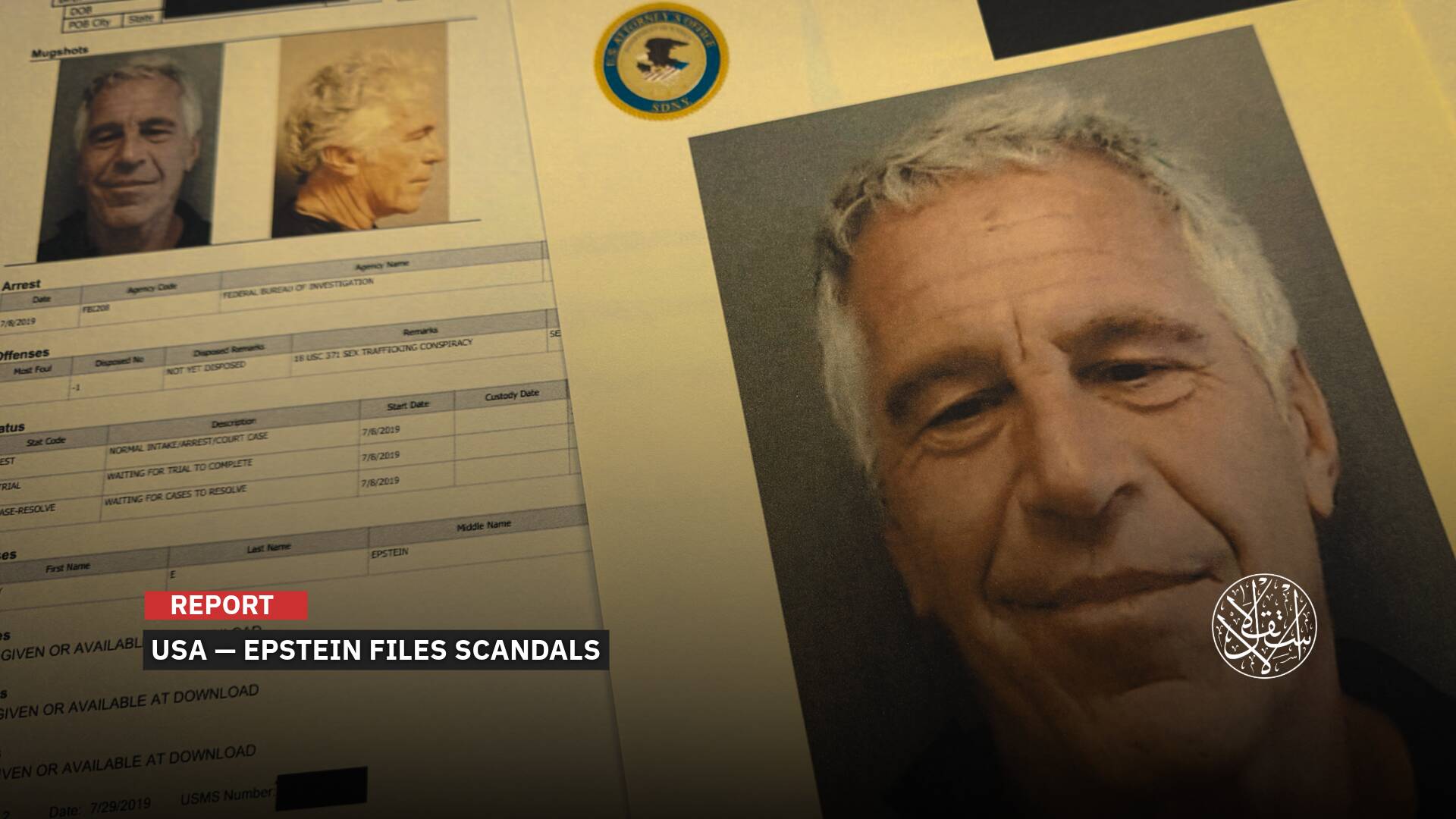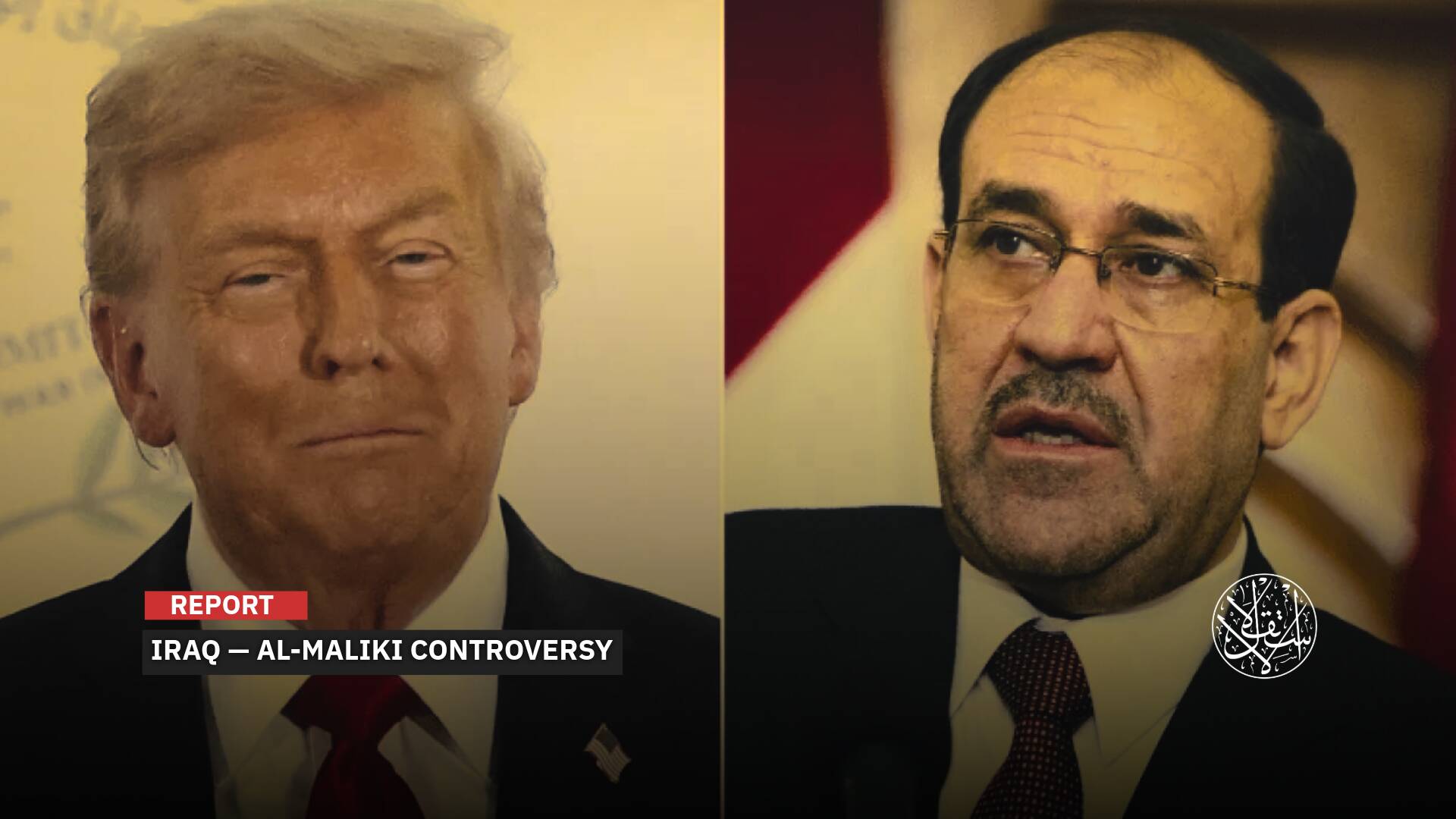In Light of the Persecution of Muslims; Why Did the UAE Open Its Arms to the Indian Prime Minister?

Indian Prime Minister Narendra Modi's June 28, 2022, visit to the UAE has sparked widespread controversy over its timing, coinciding with a crisis-riddle period between India and the Muslim world in general.
Modi's visit to the UAE is his first to an Arab and Islamic country since officials of his ruling Bharatiya Janata Party (BJP) made offensive remarks in early June 2022, sparking a wave of condemnations at home in India and the Arab and Muslim world.
As the extremist Bharatiya Janata Party (BJP) campaigns against Muslims mounted, public calls for an economic and diplomatic boycott of India increased, prompting Modi's government to seek a solution to overcome these risks.
Abu Dhabi has become a haven for Indian crises with Muslims in recent years, raising a frequent question, why does UAE President Mohammed bin Zayed provide this support to Modi?
Eye-Catching
Modi's dramatic visit to Abu Dhabi was punctuated by a series of observations, the first of which was the warm reception he received from President Mohammed bin Zayed.
"I was impressed by a special gesture from my brother Sheikh Mohammed bin Zayed Al Nahyan by coming to welcome me to Abu Dhabi Airport," Modi said in a tweet attached to a picture of Zayed as he boarded the plane at the airport. "I'm grateful to him."
I am touched by the special gesture of my brother, His Highness Sheikh Mohamed bin Zayed Al Nahyan, of coming to welcome me at Abu Dhabi airport. My gratitude to him. @MohamedBinZayed pic.twitter.com/8hdHHGiR0z
— Narendra Modi (@narendramodi) June 28, 2022
According to the UAE News Agency, the two sides discussed ways to strengthen the overall strategic and economic partnership between the two countries during the visit.
He congratulated Indian Prime Minister Mohammed bin Zayed on his tenure as UAE president and looked forward to further work in the coming period to push forward bilateral relations in various fields.
For his part, Zayed thanked Modi for "expressing good feelings towards the UAE and its people and wishing his friendly country continued progress and prosperity," noting "the strategic relations between the UAE and India and the common concern to develop them to wider heights."
During the meeting, he also praised "the contributions of the Indian community to the development, construction, and development process since the founding of the UAE, in addition to its role in strengthening cultural and economic ties between the two countries and their friendly peoples."
Indian Foreign Minister Vinay Mohan Kwatra sought to calm the escalating anger in the Muslim world by saying that "UAE leaders will not discuss this with the Indian prime minister," according to a statement quoted by the local website Ummah21.
"All Gulf states are convinced that such abuse will not be repeated in the coming days, and this issue will not be pushed forward in bilateral meetings," the foreign minister said.
"The UAE's reaction to the statements about the Prophet Muhammad was as thoughtful as Saudi Arabia did, as they did not summon India's ambassador to express concerns as Qatar, Kuwait, and Iran did," he said.
High-level visits between India and the UAE are routine and permanent, as Prime Minister Narendra Modi is a close friend of UAE President Mohammed bin Zayed.
Modi is expected to travel to the UAE soon again this year to visit India's pavilion at the Dubai Fair, which will be held on September 13, 2022.
Big Objections
Popularly, the visit sparked anger in the Gulf countries, drew widespread criticism in the Muslim world, and activists and tweeters attacked Modi's warm reception in the UAE.
They saw it as a provocative move that raised many questions about the UAE's position on insulting the Prophet Muhammad, and issued a hashtag (We refuse Modi's visit) in the UAE and the Gulf.
"Welcoming Modi and receiving him with great hospitality hurts our Muslim brothers in India who pay a high price in defending the Messenger of God," tweeted activist Ryan Al-Amiri.
"After Indian Prime Minister Modi harassed Muslims, demolished their mosques and homes, and abused the Prophet, the UAE is receiving him today to strengthen the overall strategic and economic partnership between the two countries as a reward for Modi's war on Muslims and so is the UAE wherever the war on Muslims exists, it is present!" wrote Mohammed Mustafa al-Amrani.
Gulf activist Faisal al-Otaibi posted a picture of Modi's reception by Mohammed bin Zayed, commenting: "Since Modi refused to apologize for insulting the Prophet Muhammad, the least duty is not to receive him."
Gulf citizen Sarah al-Qahtani expressed her total rejection of Modi's visit at this time, tweeting: "We categorically reject it, for the love of the Messenger of God. We refuse Modi's visit."
On June 14, Amnesty International condemned the selective and cruel repression of Muslim protesters by Indian authorities for statements offensive to the Holy Prophet Muhammad's status.
It also criticized statements made by officials from the ruling Hindu nationalist BJP.
The organization called for the unconditional and immediate release of Muslims who had been arbitrarily detained simply for exercising their right to freedom of expression and peaceful assembly.

Strong Relationships
Abu Dhabi seems to have decided to overcome all considerations in its relationship with New Delhi in favor of strong trade and diplomatic relations.
This was reflected when the UAE established the first Hindu temple in the Arabian Gulf in 2019, amid a wide ceremony in Abu Dhabi attended by Indian ministers and officials.
It was led by Prime Minister Narendra Modi and in the presence of Mohammed bin Zayed, who was crown prince at the time.
Indians make up 35 percent of the UAE's 10 million people and are the largest Indian expatriate community in the world.
Trade between India and the UAE stands at $5 billion, making the oil-rich Gulf state India's third-largest trading partner in 2020, after the United States and China.
The UAE is India's third-largest export destination, with nearly $16 billion exports between 2020 and 2021.
India's most prominent exports to the UAE are petroleum products, precious metals, gemstones, jewelry, minerals, food, and textiles.
The UAE and India are also part of the West Asian Quad group, which also includes the United States and Israel.

Extremist Shelter
Not only is it between the UAE and India on economic relations and trade, but there is a greater depth between the Government of Abu Dhabi and the Hindu party that governs there.
In a shocking development, India's Coastal Digest revealed in a report released on May 20, 2022, that the extremist organization RSS is considering strengthening its presence in the UAE and other Gulf states."
"Recent developments indicate that the organization, which believes in the Hindu faith that promotes Hindu superiority over Muslims, is enhancing its presence within the UAE, where there are a large number of sympathizers of the organization's ideas among the Indian community," it said.
"Mohan Bhagwat, President of RSS, held a series of meetings with prominent businessmen from the Indian community in the UAE in order to obtain their support and cooperation in expanding the organization and strengthening its activities in the Gulf states."
"Dozens of prominent Indian businessmen have already participated in a meeting held on the sidelines of a pro-Hindutva ceremony near the city of Kochi," it said.
"Indian Prime Minister Narendra Modi's historic visit to Abu Dhabi in 2018 encouraged and motivated sympathizers of the Hindu extremist organization in the Middle East."
The rulers of the UAE and Saudi Arabia are competing in rapprochement with the BJP led by Narendra Modi, which supports RSS against Muslims.
Sources
- Modi's visit to the UAE. Seeking to repair damage to Gulf relations [Arabic]
- 'I am grateful for the gesture of my brother Mohammed bin Zayed.' Moody in Abu Dhabi [Arabic]
- No welcome to the abusers of the Holy Prophet. Online campaign rejects Indian Prime Minister's visit to UAE [Arabic]
- Wide Arab rejection of Modi's UAE visit [Arabic]
- Indian Prime Minister begins visit to UAE [Arabic]


